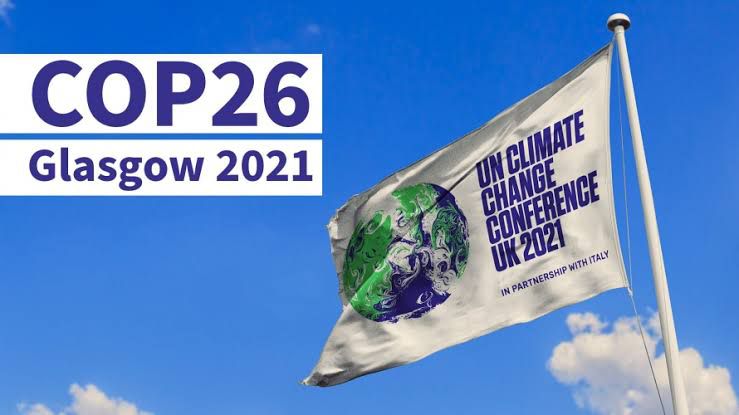Despite a furious effort from big coal, oil, and gas producers to have it removed, a new version of the COP26 draft agreement was issued early on Friday and maintains a reference to fossil fuels. This comes on the penultimate day of the nearly two-week conference, but it is not final because it requires the agreement of all 197 parties present.
The language has been slightly toned down from the previous version, despite retaining a reference to fossil fuels. The revised draft calls for “the phaseout of unabated coal power and of inefficient subsidies for fossil fuels,” whereas the previous draught omitted the word “inefficient.”
Even if it is left in its current form, it will be the first Conference of the Parties climate accord to highlight the role of fossil fuels, which are the primary cause of the human-caused climate disaster. Saudi Arabia, China, Russia, and Australia, according to two sources familiar with the talks, are attempting to have the article on fossil fuels removed.
The COP26 presidency’s draught agreement, released on Friday, includes wording stating that global warming should be limited to 1.5 degrees Celsius above pre-industrial levels.
The document “recognizes that the impacts of climate change will be much lower at the temperature increase of 1.5 °C compared to 2 °C and resolves to pursue efforts to limit the temperature increase to 1.5 °C.”
To do that, “rapid, deep and sustained reductions in global greenhouse gas emissions” are required.
A crucial estimate published on Tuesday suggested the globe is on course for 2.4 degrees of warming. According to scientists, this would dramatically increase the risks of extreme droughts, wildfires, floods, catastrophic sea-level rise, and food shortages.



